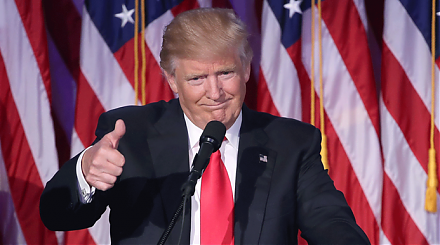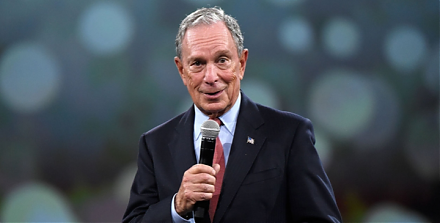

2019-10-01 11:33:00 Tue ET
technology antitrust competition bilateral trade free trade fair trade trade agreement trade surplus trade deficit multilateralism neoliberalism world trade organization regulation public utility current account compliance
The Trump administration postpones increasing 25% to 30% tariffs on $250 billion Chinese imports after China extends an olive branch to de-escalate Sino-American tariff tension. China also resumes purchasing American agricultural products such as soybeans and pork bellies to better balance the current U.S. trade deficit. These reconciliatory gestures of good will arise in the broad context of trade negotiations as both sides reconvene in early-October 2019. From Dow Jones and Nasdaq to Shanghai and Hong Kong, U.S. and East Asian stock markets rebound 3%-to-5% in response to this positive change in the Sino-U.S. trade engagement.
In the next round of U.S.-China trade negotiations, both sides delve into the more difficult legislative structural reforms in Chinese state capitalism. It is important for the U.S. trade envoys and reps to urge Chinese bureaucrats and policymakers to sign into law better intellectual property protection and enforcement. This structural reform would empower multinational corporations such as Apple and Microsoft to institute tort lawsuits over patent, trademark, and copyright concerns in the worst-case scenario of intellectual property infringement. The Chinese Xi administration needs to mull over a genuine compromise. The structural reform may overturn the current fundamental state-centric economic development model in China.
If any of our AYA Analytica financial health memos (FHM), blog posts, ebooks, newsletters, and notifications etc, or any other form of online content curation, involves potential copyright concerns, please feel free to contact us at service@ayafintech.network so that we can remove relevant content in response to any such request within a reasonable time frame.
2017-01-03 03:26:00 Tuesday ET

President-Elect Donald Trump wants Apple and its tech peers to consider better and greater high-tech job creation in America. Apple has asked its primary
2018-07-15 11:35:00 Sunday ET

Facebook, Google, and Twitter attend a U.S. House testimony on whether these social media titans filter web content for political reasons. These network pla
2019-08-20 07:33:00 Tuesday ET

The recent British pound depreciation is a big Brexit barometer. Britain appoints former London mayor and Foreign Secretary Boris Johnson as the prime minis
2017-11-29 07:42:00 Wednesday ET

The octogenarian billionaire and activist investor Carl Icahn mulls over steps to shake up the board of SandRidge Energy after the oil-and-gas company adopt
2019-07-30 15:33:00 Tuesday ET

All of the 18 systemically important banks pass the annual Federal Reserve stress tests. Many of the largest lenders announce higher cash payouts to shareho
2018-11-11 13:42:00 Sunday ET

Michael Bloomberg provides $80 million as campaign finance for Democrats to flip the House of Representatives in the November 2018 midterm elections, gears